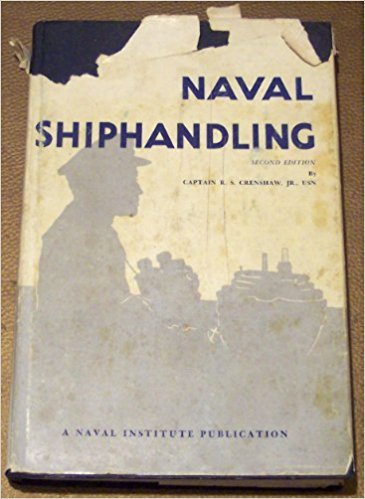Eljay1219
Newbie
Greetings to all!
We’d like to say hi and introduce ourselves. We are Lori and John, a (soon to be) retired couple who have never owned a boat. We were going to move into the home we own on the Gulf coast of Florida when we retire in about a year and a half. Even before Irma hit our area, we had decided that we didn’t want to move into a land locked house, no matter how beautiful the area. Instead we want to spend our retirement living aboard a motor yacht and doing some exploring. We love the idea of the freedom living onboard would give us as well as the ability to enjoy life living simply.
We have no experience in boat ownership, operation, piloting, maintaining, navigating….you get the picture. This is what we want to do and are going to learn everything we need to make this a reality. We are hoping for some sound advice from people who are doing just that. We have been doing a lot of research and are starting to zero in on the type of boat we would like to buy. It has to be something fuel efficient as it doesn’t make sense to spend $100,000 on a boat and not be able to go anywhere with it since it burns 30-40 gph. We are looking at trawlers and similar since we are not looking to go anywhere in a hurry and fuel burn of 2-6 gph would be perfect.
We welcome any comments, suggestions, resources that would help us to make this our reality.
We’d like to say hi and introduce ourselves. We are Lori and John, a (soon to be) retired couple who have never owned a boat. We were going to move into the home we own on the Gulf coast of Florida when we retire in about a year and a half. Even before Irma hit our area, we had decided that we didn’t want to move into a land locked house, no matter how beautiful the area. Instead we want to spend our retirement living aboard a motor yacht and doing some exploring. We love the idea of the freedom living onboard would give us as well as the ability to enjoy life living simply.
We have no experience in boat ownership, operation, piloting, maintaining, navigating….you get the picture. This is what we want to do and are going to learn everything we need to make this a reality. We are hoping for some sound advice from people who are doing just that. We have been doing a lot of research and are starting to zero in on the type of boat we would like to buy. It has to be something fuel efficient as it doesn’t make sense to spend $100,000 on a boat and not be able to go anywhere with it since it burns 30-40 gph. We are looking at trawlers and similar since we are not looking to go anywhere in a hurry and fuel burn of 2-6 gph would be perfect.
We welcome any comments, suggestions, resources that would help us to make this our reality.


